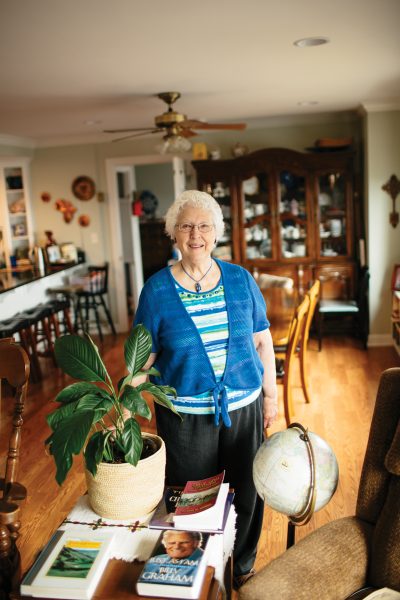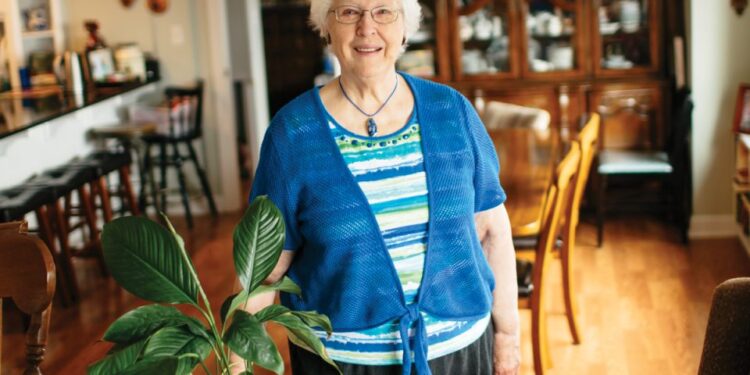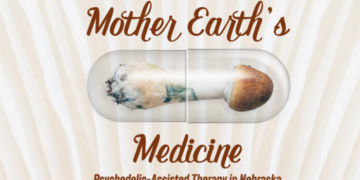In 1948, Barbara Entz’s family moved to Omaha after a blind evangelist from the city, J.J. Esau, told her father to become a minister. Esau was in public relations with the nondenominational Grace Bible Institute when he inspired the Entz family to relocate from New Port, Washington.
After graduating from Central High School, Barbara attended what would later become Grace University, where she met her husband, Paul. Their shared calling to the missionary field propelled them across the ocean to Ethiopia in September 1957.
Education was important for Barbara during her time in Africa. She educated local women at her home, and she taught at an elementary school. Shortly after arriving in Ethiopia, Paul and Barbara were placed in charge of a leprosarium. Barbara explains, “When we came, we said, ‘There’s no need for some of these to be here a lifetime. Let’s make a two-year program.’” During the two years of the program designed by the young couple, patients would work and receive an education before returning to their communities. The former leprosy patients were no longer outcasts; their education transformed them into respected teachers.
However, not everyone was receptive to outsiders. The communist movement in Ethiopia soon took advantage of widespread famine to spark outrage against the government and foreign visitors. “That’s when they began talking about Americans,” Barbara explains, “[They were saying] ‘Yankees go home!’ And teachers [at] the schools were being accused of things.”
Because of the rising tensions, the Entzes moved to another town to help with famine relief efforts. Even then, they weren’t safe. Emperor Haile Selassie was assassinated and the transition to a communist government began. One night, Barbara went outside with her two daughters. She remembers vividly, “I saw these men with the guns right in my face. Two thoughts came to my mind: get that gun out of my face and let somebody know you’re in trouble.” As she pushed the gun away, it went off, and 33 shotgun pellets found their way into Barbara’s back. Miraculously, none of them hit her spinal column or any organs.
After the attack, in 1976, the Entz family left Ethiopia. Paul and Barbara moved first to Nigeria and then to Kenya (in 1979) to create radio programs, broadcasting the Bible back to Ethiopia. The married missionaries had five children, several of whom were born in Africa. In 1992, they returned to a more stable Ethiopia before finally retiring to Omaha in 1996.
In Omaha, Barbara remains dedicated to improving the community around her. She’s helped immigrants learn English and founded the International Women’s Club to create a new community for foreign women. Hadeel Haidar (originally from Iraq) describes the support the club provides: “One of the ladies here, she’s from Egypt, and she was delivering a baby. Two of those ladies went to the hospital and spent the night with her because she doesn’t have a family.”
Barbara doesn’t seek praise or recognition to motivate her community work. “I don’t need an article about me to give me self-worth; I have that in my status with God. I have such a great family and their love, and so many friends of all nationalities—I am content and happy with my life.”
Her living room is a museum of items showcasing her past: metal crosses on the wall, photo albums, carved wooden statues of African animals, and mugs printed with religious art and Ethiopia’s Amharic alphabet.
She may have left Africa, but her lifelong mission to help others remains active.
Omaha International Women’s Club meets every other Thursday, usually at The Bible Church (9001 Q St.), 9:30 a.m. to noon. The organization also maintains a Facebook page.
This article was printed in the May/June 2018 edition of Omaha Magazine.














